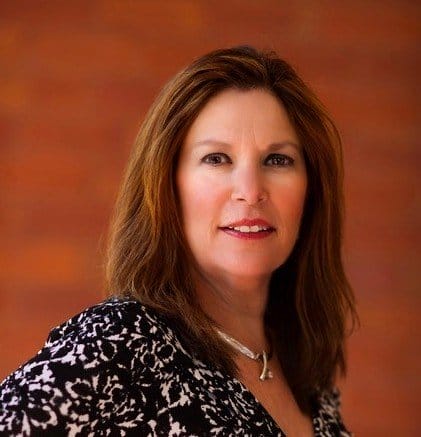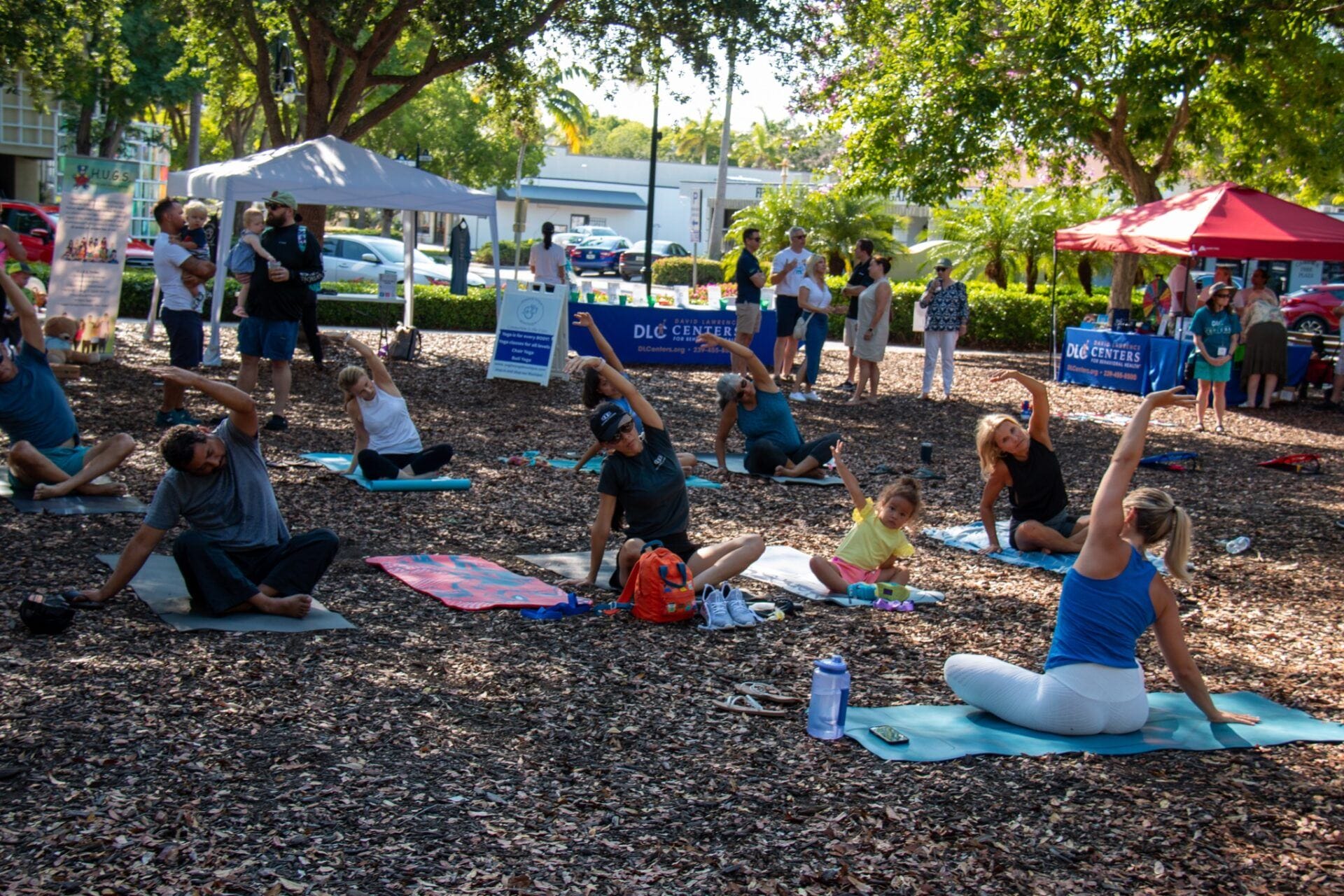
Drug and Alcohol Addiction: Recovery is a family affair
“The alcoholic is like a tornado roaring his way through the lives of others. Hearts are broken. Sweet relationships are dead. Affections have been uprooted. Selfish and inconsiderate habits have kept the home in turmoil. We feel a man is unthinking when he says that sobriety is enough. He is like the farmer who came up out of his cyclone cellar to find his home ruined. To his wife, he remarked, “Don’t see anything the matter here, Ma. Ain’t it grand the wind stopped blowin’?” — “Alcoholics Anonymous” (AA’s Big Book) Chapter 6, ‘Into Action,’ pg. 82
While the language of this paragraph might seem a little odd, old-fashioned or outright chauvinistic, remember: It was written nearly a century ago. That being said, its basic truth remains clear: Just because the storm of active addiction to drugs or alcohol has passed — just because those winds have stopped blowing — that’s only the start of making things right. Cessation is but a first step. “Years of living with an addict (sic) is sure to make any family (sic) neurotic. The entire family is to some extent Ill.” — “Alcoholics Anonymous (AA’s Big Book) Chapter 9, “The Family Afterward,” pg. 122
How well do I know this, because I was the tornado. I was the heartbreaking riddle. I was the wife, daughter and mother who just could not stop drinking even when I wanted to. Deep down, I wanted to love them and know love in return. But alcohol had other plans. I loved it best, above all else. I was in the grip of my addiction and it built a wall around me that seemed impenetrable.
When I left my last rehab and started on the road to recovery, the support of my family was immensely helpful. And I know that, in the process, my family began to heal. It felt like the better I got, the better they got. I can think of a few very specific ways they helped and I hope that by sharing, I can help someone else.
Understand triggers
At some point during treatment, every addict is asked to make a list of triggers – things that make them want to pick up or use. Things that tip off the mental obsession and (after that) the cycle of craving for their substance of choice. Ask your loved one to share that list. Once you know their triggers, try to be sensitive to the situations, people and places they need to avoid…and actively support them in staying away! Triggers are a big danger for anyone in early recovery. I couldn’t go to restaurants that served alcohol for a very long time after I quit drinking. It was either extremely unpleasant or practically unbearable to see other people drinking and all the pretty bottles at the bar. Today, I can go anywhere if I’m in the right frame of mind and actively working on my emotional sobriety. In early recovery, however, it’s absolutely essential to know the situations to avoid – and don’t put pressure on your loved one to go anywhere or do anything that’s a trigger to drink or use.
Know the signs of relapse
Before leaving treatment, I sat down with my family and shared an honest list of things they should look for. Things that would indicate I was drinking again. We even had a “contract” of sorts with specific things they would do if any of these things happened. It may seem silly, but I remember telling my husband to watch out if I stopped eating breakfast. I was a round-the-clock drinker and most of my meals were liquid. Not eating anything at all in the morning would be a sure sign I’d started drinking again at 5 am. Know the signs of relapse for YOUR loved one; keep your eyes open; have a plan to respond to a relapse; and involve treatment providers in creating a written relapse prevention plan.
Fully support all treatment recommendations
Twelve Step meetings, IOP sessions, getting together with sponsors or recovery groups for coffee, and other recovery activities may seem to take up a LOT of your loved one’s time….and leave a lot less time for you. It’s OK. These activities are essential not only to abstention from drugs and alcohol, but also for a sense of community and belonging. Addiction is a disease of isolation. Finding people with whom we can share things about our past, people who understand from the point of view of someone who’s “been there,” is absolutely critical to staying sober and growing in recovery. Try your very best to not only give your loved one permission to take all the time they need to participate in recovery activities, but do it without grudge or resentment.
Reduce stress and friction
Living with someone in active addiction can be like living in a battleground. Or like walking on eggshells. Or often both — never knowing what the day will bring. There isn’t any magic wand or fairy dust that’s going to make living with someone in early recovery much easier. But remember that stress and high levels of conflict are huge triggers to relapse. Work on developing good communication skills; try to remain calm and flexible in the face of problems; and let your loved one know how much you love and care for them. Talk through problems, be a good listener, and avoid anger at all costs. A calm, serene environment, to the best degree you can manage, will provide a healing and refreshingly peaceful environment for everyone.
Above all, change IS possible
If the whole family is positive, hopeful and supportive, there’s a much better chance of sustained sobriety and a brighter future for all. In AA, we say we seek “progress, not perfection.” Remember to be grateful for small signs of growth and healing in your family. The wind may have stopped blowing. There’s still a long road ahead. But the joy is now in the journey…together. Blessings to you all and good luck!
About the Author:
Mary R. is a wife, mother, daughter, retired business owner and recovering alcoholic who relocated to southwest Florida from Ohio. As a person in recovery, she writes from the heart and shares her strength, hope and experience with others so that they too may recover from the prison of addiction. Her sobriety is strongly engrained in the belief that “you can’t keep it unless you give it away.” When not volunteering for David Lawrence Centers or actively participating in 12-step meetings, you can find her living her life in recovery to its fullest potential playing tennis, traveling, or trying out a new recipe with family and friends.
Jan 31, 2017 | Blog



